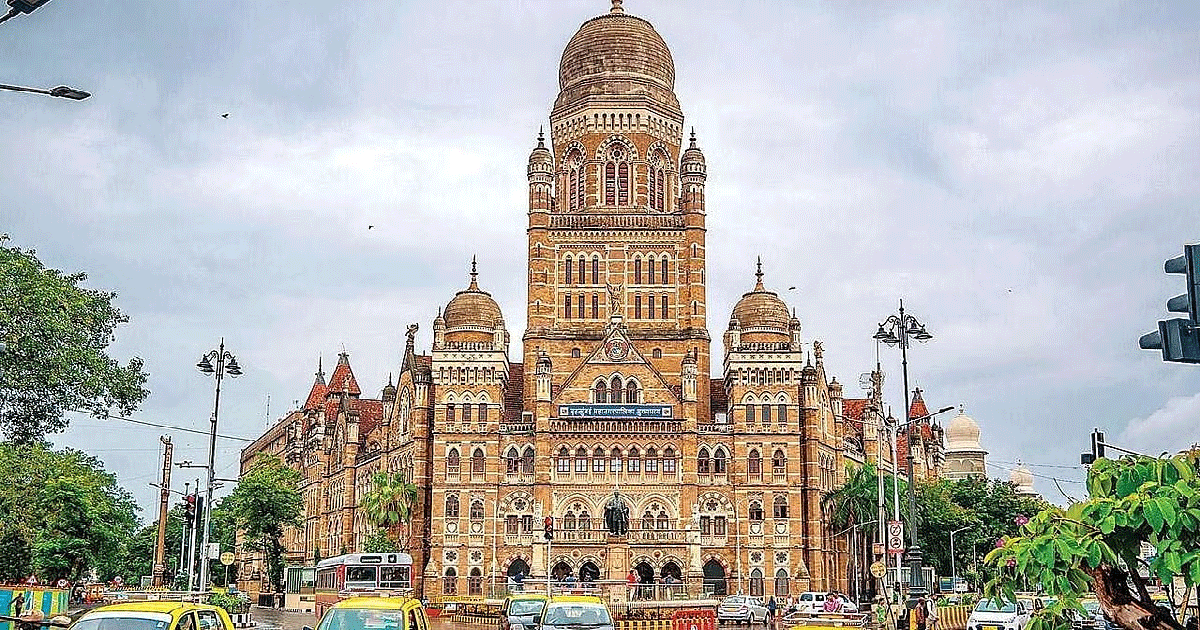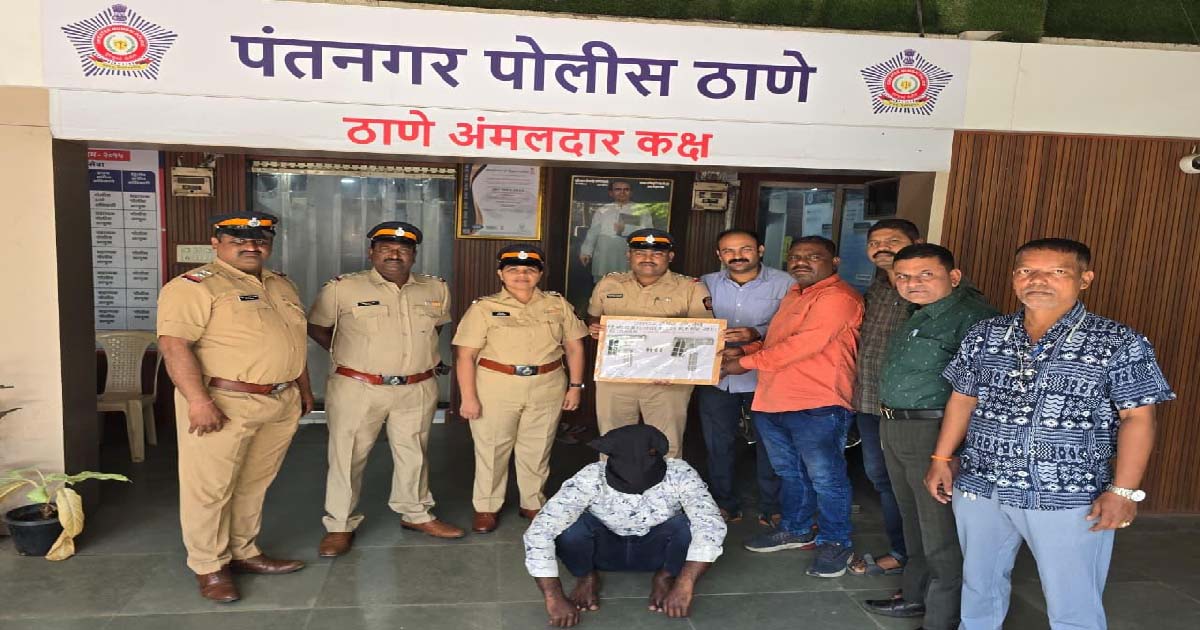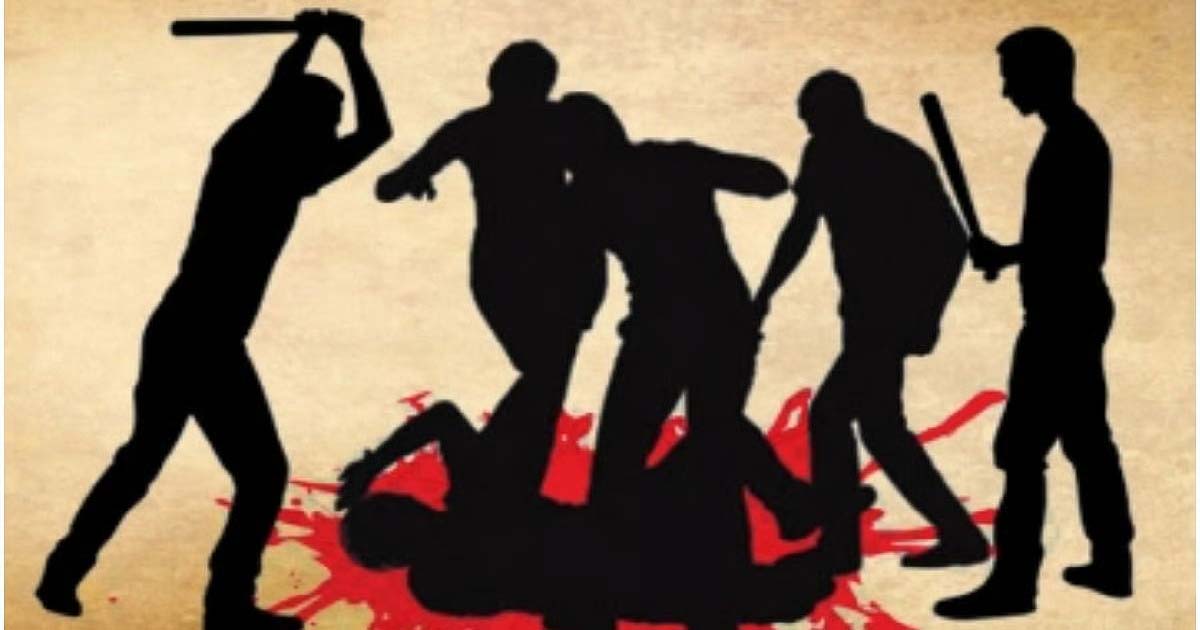Maharashtra
Mumbaikars Object To BMC’s New Iconic Buildings Policy, Alleging It Is Exclusionary, Commercialised And Centrally Controlled

Mumbai: Mumbaikars have objected to the new proposed regulation in the Brihanmumbai Municipal Corporation (BMC)’s iconic buildings policy alleging that it is built on an aesthetic of spectacle, a logic of commercialisation, and a structure of centralised control.
The proposed regulation has been alleged to be exclusionary towards Mumbai’s known heritage buildings and the lack of a mechanism to regulate the policy’s impact of overwhelming the surrounding.
On June 24, BMC invited suggestions and objections from Mumbaikars on a new regulation 33(27) to the iconic building policy that aims to shape the city’s skyline. BMC claimed that once implemented, the policy will regulate and encourage the development of structures with distinctive architectural styles, aimed at reinforcing Mumbai’s global image as a city with unique and diverse architecture.
While Mumbaikars have acknowledged the ambition of the policy, they have claimed that the policy warrants serious reconsideration. In an online petition marked to the chief engineer of the development plan (DP) department, an anonymous citizens’ group with the name ‘Save Mumbai’s Iconic Buildings’ has raised significant concerns relating to equity, heritage, governance, and sustainability claiming that it warrants serious reconsideration.
The petition, launched on Friday, alleged that the proposed policy defines iconic as exclusionary and biased towards commercial spectacle. It highlighted that the requirement of minimum 40% of the building to be open to the public for a fee, disqualifies the city’s vast stock of residential heritage buildings, including the chawls of Girgaon, the bungalows of Gamdevi and the art deco apartments of Marine Drive.
It also raised concerns against the encouragement of commercialised access alleging that it will turn public engagement into a paid experience, deepening social exclusion.
“These are structures that define the everyday life and cultural identity of the city. They are iconic not because they contain cafes or galleries, but because they are repositories of memory, community, and architectural lineage. By privileging fee-based access and high-visibility aesthetics, the policy effectively erases living heritage from our urban imagination,” read the petition.
The letter alleged that the governance framework of the policy is deeply inadequate, elaborating that the scrutiny committee lacks defined membership criteria, transparency mechanisms or a process of public accountability. It suggested the framework like Mumbai’s heritage committee, which includes civil society experts, architects, and historians
It also added that along with reshaping the city’s skyline, the policy also needs a mechanism to regulate its impact. It suggested that Mumbai urgently requires a New York-like skyline review process that evaluates how proposed structures affect sightlines, scale, and heritage precincts. It also raised concerns about applying the same rule to the entire city and bypassing of the wards in the decision-making process.
“It is a critical fact that this policy, like many others before it, continues to treat Mumbai as a monolith, applying the same rules to vastly different neighbourhoods. The new proposed regulation imposes a uniform citywide framework, ignoring the fact that decentralised planning is essential to a city as diverse and layered as ours. Planning must be devolved to the ward or precinct level, allowing for area-specific review and genuine citizen participation. Without decentralisation, heritage will always be at the mercy of distant, disconnected authorities.”
Urging the civic body to withdraw the draft, the petition alleged that the policy is environmentally unsound as it promotes illuminated facades and high-rise construction with no requirement for environmental review or sustainability standards.
It added that these iconic buildings risk generating increased heat, carbon emissions, and pressure on coastal microclimates while there is no mention of tree protection, energy efficiency, or carbon offset.
Maharashtra
Mumbai arms supplier arrested from Ghatkopar depot

Mumbai: Police has claimed to have arrested an arms supplier from Ghatkopar Bus Depot who had come here to supply arms to Mumbai. The Mumbai Police Ghatkopar Anti-Gang Squad received information about this. The police laid a trap and took the accused into custody and recovered two country-made pistols and four live cartridges from his possession. During the investigation, the police asked him his name and he revealed his name as Ajay Kailash, a resident of Ujjain. The police have registered a case in this matter and started the investigation. Pantnagar Police has started the investigation in this matter to find out from where the accused had brought the arms to supply arms. This action was taken by DCP Rakesh Ola on the instructions of Mumbai Police Commissioner Deven Bharti.
Crime
Thane: Man Stabbed To Death In Dombivali Hotel After Minor Altercation

Thane: A man was stabbed to death in Dombivali in Thane district during an altercation after he accidentally brushed against another person, a police official said on Monday.
The incident took place in a hotel in the early hours of Sunday in MIDC Phase 1 area, the Manpada police station official said.
“Akash Bhanu Singh (38) and his friends were having dinner at the hotel when he accidentally brushed against the accused, who picked up a fight. He along with some others stabbed Singh to death. Two of Singh’s friends, who tried to save him, also sustained injuries and have been hospitalised,” the official said.
Four persons were booked under Bharatiya Nyaya Sanhita sections for murder and other offences, though no arrest has been made, he said.
Crime
‘Don’t You Know Marathi?’: Vadapav Vendor & Two Others Assaulted By Four Men Over Language Dispute In Kalyan

Mumbai: In a troubling incident on Sunday night in Kalyan East near Chakkinaaka and Santoshnagar, a vadapav vendor and two of his companions were brutally assaulted by four men. The attack occurred after the assailants asked the vendor, “Do you know how to speak Marathi?” and began the assault when he did not respond affirmatively.
The vendor, identified as Vishnu Thapa, and his co-workers told police at the Colsewadi station that they work at a small eatery named Riddhi Bhojanalay. Around 8 pm two unknown men arrived at the shop, ate food and left. They returned shortly after and confronted Thapa with the question “Marathi yet nahi ka?” (“Don’t you know Marathi?”). Without waiting for a response they started beating him. He suffered serious injury to his nose in the first attack.
After the two men left, Thapa and his colleagues resumed work. Minutes later the men returned, this time bringing two others. The group of four again raised the language question and launched a fresh attack. Co-worker Madan Thapa was hit with a stone slab. Another colleague, Ali Khan, had his mobile phone smashed to the floor amid the chaos. The assailants also vandalised the shop, throwing food, utensils and trays outside.
The three victims were taken to hospital for treatment. A First Information Report has been registered at the Colsewadi police station and investigations are underway, with Police Constable Jadhav assigned to the case. Locals say the area has long been troubled by harassment of street vendors and extortion attempts; some offenders had been removed by police about 18 months ago.
The incident has raised serious concerns among workers and local vendors who feel vulnerable in the wake of such attacks. For many migrants eating and operating in the city, language and region should not become triggers for violence. City police have been urged to increase patrols in the zone and ensure protection for small street-vendors, especially during late evening hours.
-

 Crime3 years ago
Crime3 years agoClass 10 student jumps to death in Jaipur
-

 Maharashtra1 year ago
Maharashtra1 year agoMumbai Local Train Update: Central Railway’s New Timetable Comes Into Effect; Check Full List Of Revised Timings & Stations
-

 Maharashtra1 year ago
Maharashtra1 year agoMumbai To Go Toll-Free Tonight! Maharashtra Govt Announces Complete Toll Waiver For Light Motor Vehicles At All 5 Entry Points Of City
-

 Maharashtra1 year ago
Maharashtra1 year agoFalse photo of Imtiaz Jaleel’s rally, exposing the fooling conspiracy
-

 National News1 year ago
National News1 year agoMinistry of Railways rolls out Special Drive 4.0 with focus on digitisation, cleanliness, inclusiveness and grievance redressal
-

 Maharashtra12 months ago
Maharashtra12 months agoMaharashtra Elections 2024: Mumbai Metro & BEST Services Extended Till Midnight On Voting Day
-

 National News1 year ago
National News1 year agoJ&K: 4 Jawans Killed, 28 Injured After Bus Carrying BSF Personnel For Poll Duty Falls Into Gorge In Budgam; Terrifying Visuals Surface
-

 Crime1 year ago
Crime1 year agoBaba Siddique Murder: Mumbai Police Unable To Get Lawrence Bishnoi Custody Due To Home Ministry Order, Says Report












